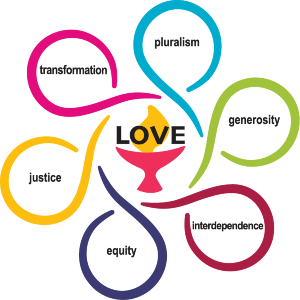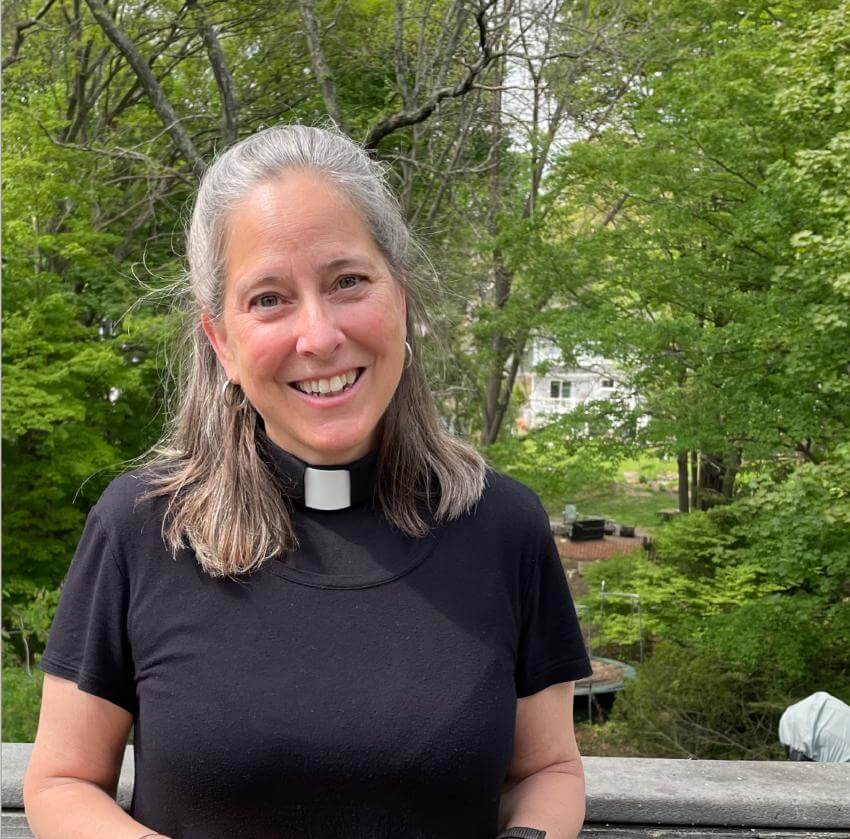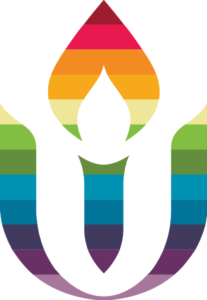One of the biggest fallacies of my young life was thinking that when I became a “grownup” I would be done growing. I remember how surprised I was by the dawning realization that life is one long, evolutionary, growing process. This process was never truer than in religious education. What we believe as children is not what we believe as adults, and our faith formation programs need to extend from childhood through adulthood.
When speaking about religious education programs I prefer the language of Faith Formation or Religious Exploration. Both terms reject a hierarchical notion of learning and knowledge. Religious Education adheres to an outdated notion that information and knowledge are handed down by an all-knowing authority.
The terms “Faith Formation” and “Religious Exploration” highlight important pedagogical beliefs. Faith Formation is an ongoing process which recognizes that we are always in formation; teachers and students are both engaged in this learning process.
Religious Exploration signals that there is no right or wrong answer to the question of what we believe. We are exploring the big questions of life and what calls to our hearts as we form our faith.
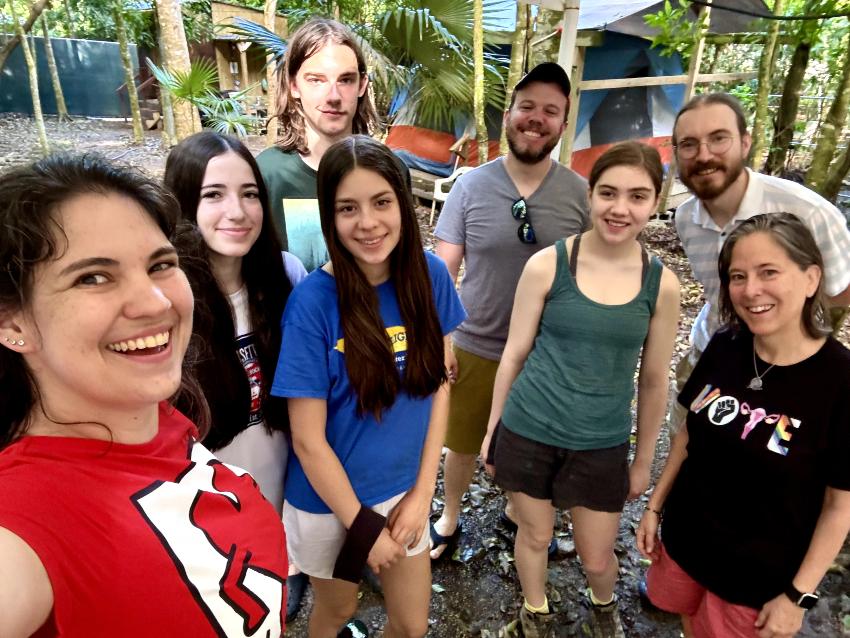
My philosophy of Faith Formation pedagogy is consistent across the lifespan.
- We must meet people where they are, at the age and stage of life in which we encounter them.
- Learning more successful when done in a non-judgmental, welcoming, and safe environment.
- Hands-on/experiential learning, creativity, and play are important learning tools.
- Everyone has their own learning style.
The more I learn about neurodivergence, the more I believe that there is no “typical” brain. Instead there are a variety of ways in which human beings take in information, a range of processing speeds, varying abilities to focus, differing abilities to express what we have learned, think and believe. Our Religious Exploration (RE) classes must be flexible enough to adapt to these learning differences.
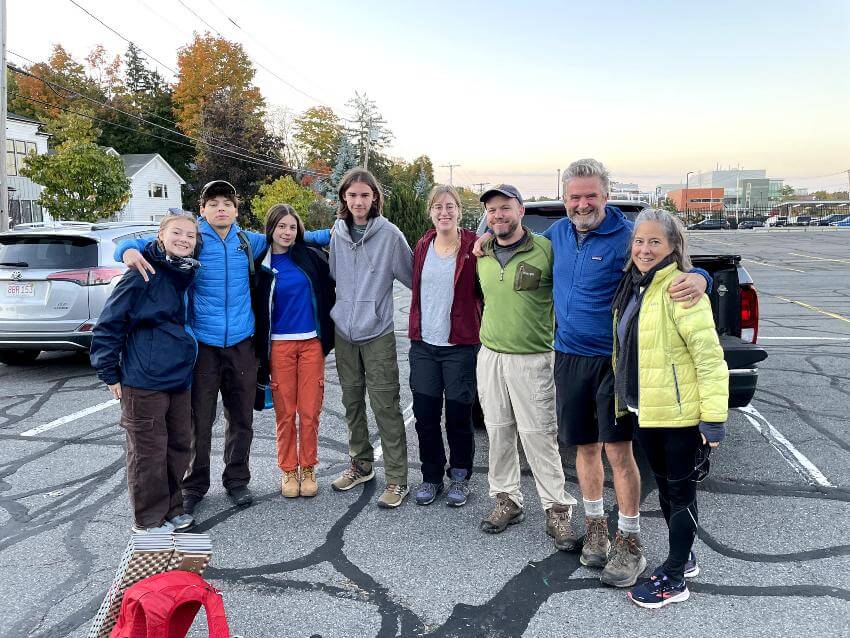
The content of our RE classes need to equip our children, youth and adults for living in this very challenging world. Our programs need to address larger questions of what it means to be human in the world today, and what our faith tradition has to teach us about caring for ourselves, each other, and our world.
